Indian MPs Debate Controversial Bill on Muslim-Endowed Properties
Lawmakers are discussing a bill that seeks to reform the governance of centuries-old Muslim-donated properties worth billions of dollars across India.
A heated debate is underway in India's parliament over the Waqf (Amendment) Bill, 2024 — a proposed legislation aimed at overhauling the management of waqf properties, which are religious or charitable endowments made by Muslims. The bill, introduced by Prime Minister Narendra Modi’s government, proposes dozens of amendments to the current law and is currently being discussed in the Lok Sabha, or lower house.
According to the government, the bill is designed to bring greater transparency and accountability to the administration of waqf properties, which include mosques, madrassas, shelter homes, and vast tracts of donated land. There are more than 872,000 such properties in India, covering over 940,000 acres and valued at an estimated ₹1.2 trillion ($14.2 billion).
However, the proposed changes have sparked strong opposition from opposition parties and Muslim organizations, who argue that the bill threatens the constitutional rights of India’s largest religious minority. Critics believe the bill could lead to state interference in religious matters and open the door for seizure or mismanagement of waqf properties.
Originally introduced in August 2023, the bill was sent to a Joint Parliamentary Committee (JPC) following widespread protests from opposition lawmakers. The version currently under debate includes 25 amendments recommended by the committee — which was sharply divided along party lines.
Minority Affairs Minister Kiren Rijiju, who reintroduced the bill, stated that these recommendations were included to address concerns and improve the legislation. He dismissed allegations that the bill would undermine Muslim rights, calling such claims “rumours.”
Opposition parties, including the Congress, remain firmly against the bill. Rajya Sabha Opposition Leader Mallikarjun Kharge accused the government of pushing an “unconstitutional and divisive agenda” and pledged to resist the legislation.
One particularly contentious clause is the proposed inclusion of two non-Muslim members on the waqf boards that govern these properties. Critics argue that this would be an unusual move, as religious boards across India typically comprise members of the same faith. They also fear the bill would give the government excessive authority to decide whether a property qualifies as waqf.
The ruling Bharatiya Janata Party (BJP) coalition is expected to have sufficient votes in the Lok Sabha to pass the bill, despite opposition. If approved, the bill will move to the Rajya Sabha for further debate. Once passed by both houses, it will require the assent of President Droupadi Murmu to become law.
Muslim groups continue to voice concern that the legislation could dilute long-standing protections and result in loss of control over properties considered sacred and communal. As the debate unfolds, the bill remains one of the most contentious religious and political issues in recent parliamentary sessions.

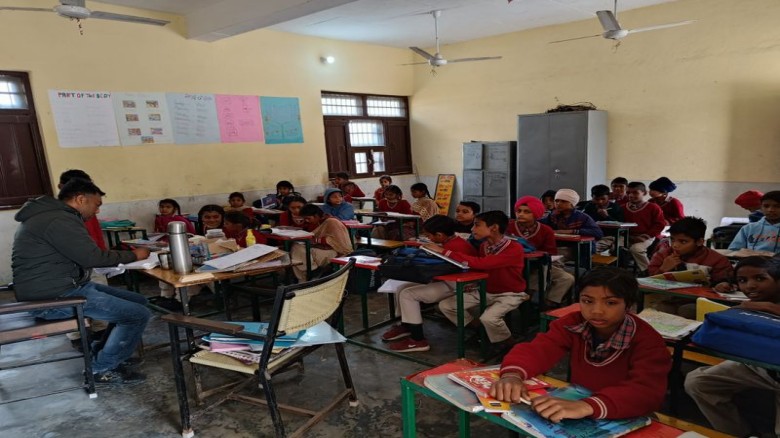
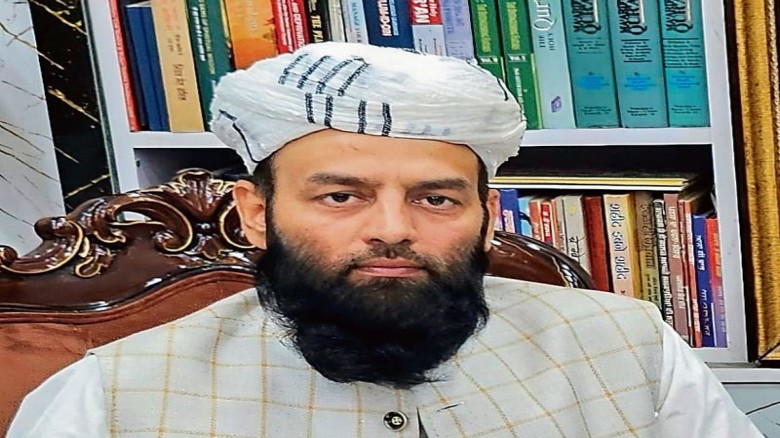
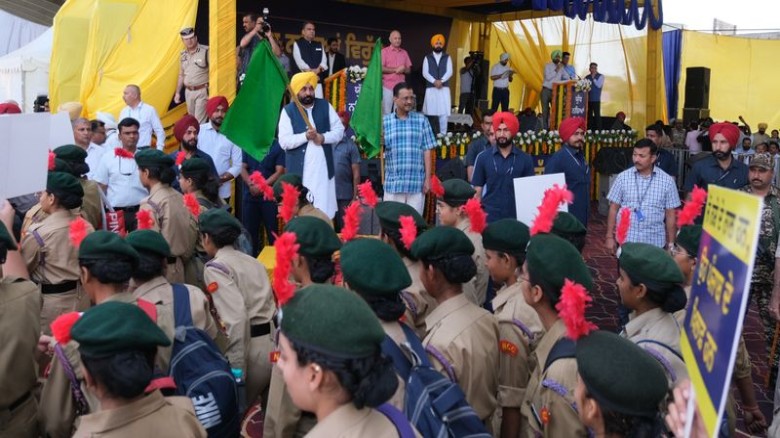
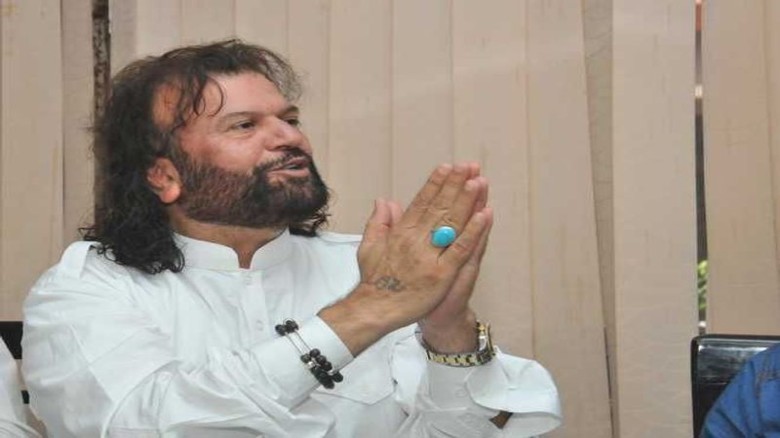




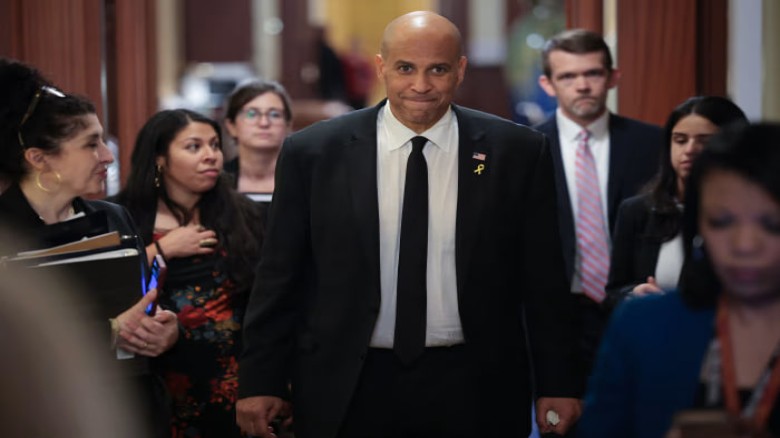





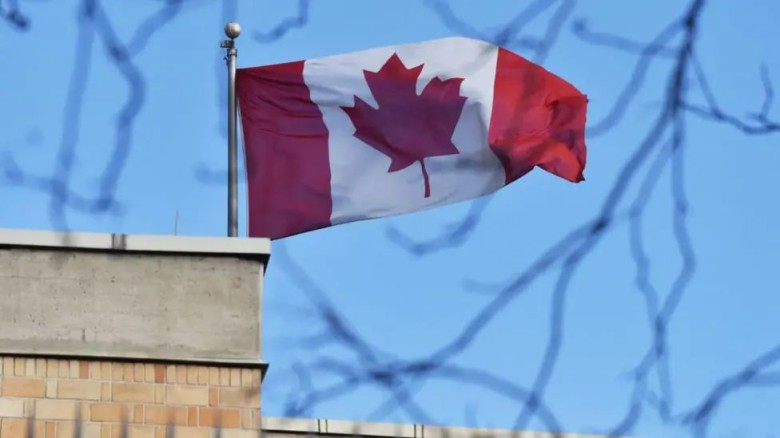
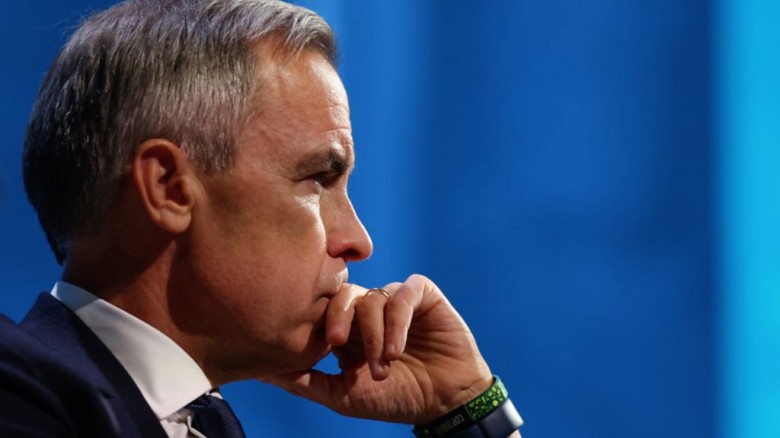








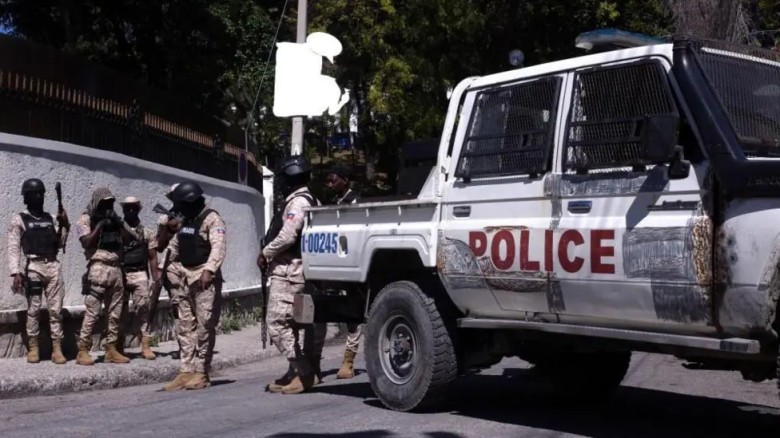


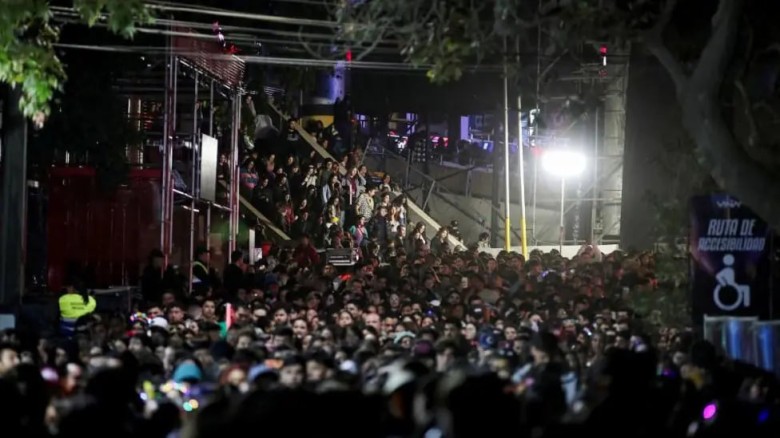





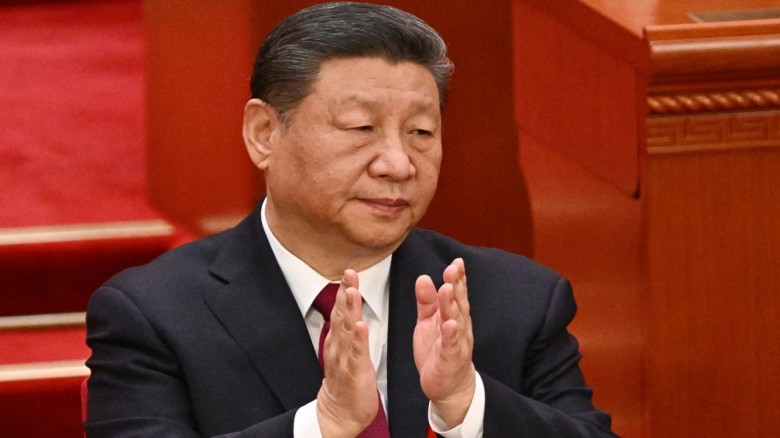


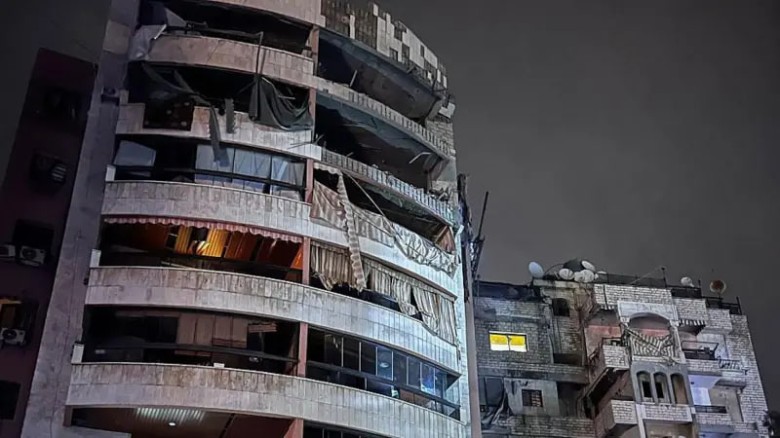
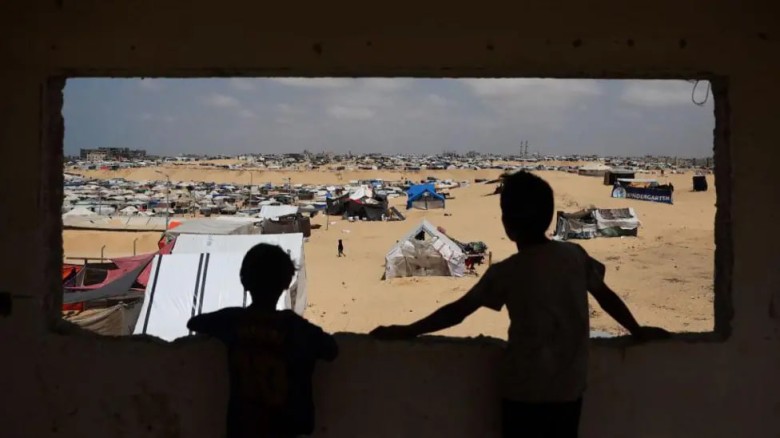
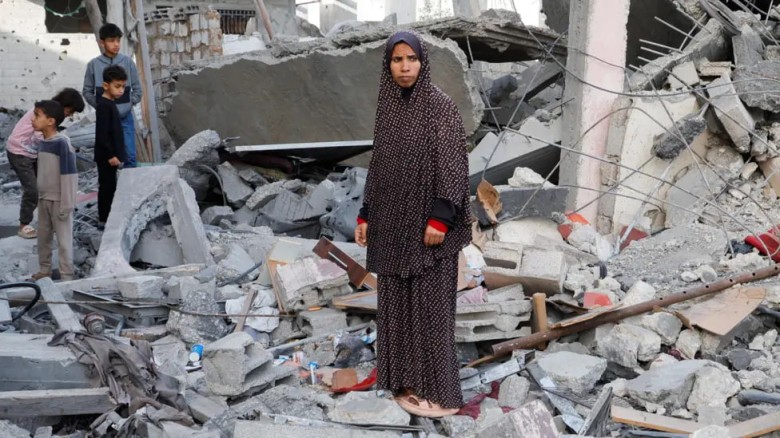
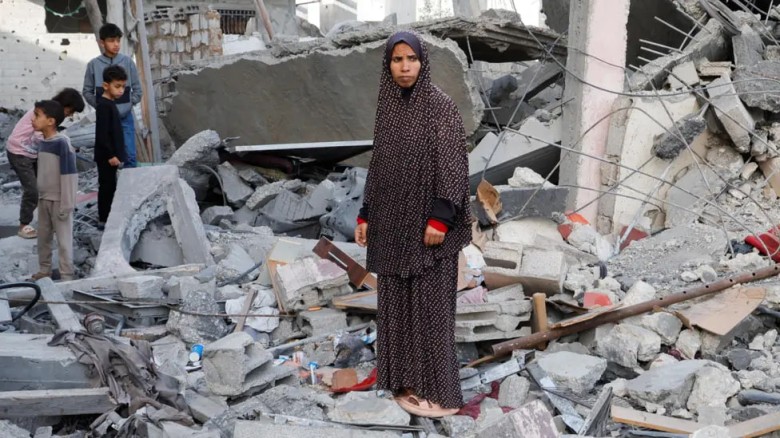

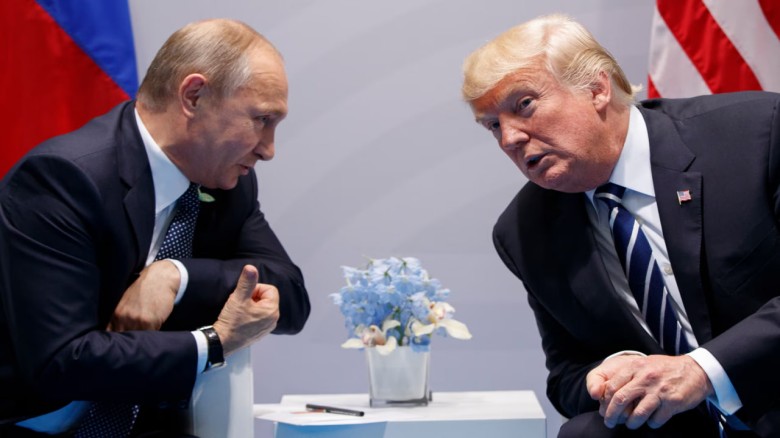







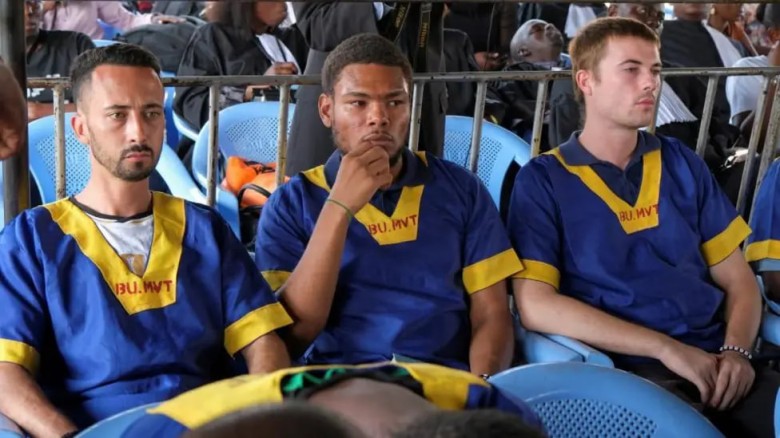















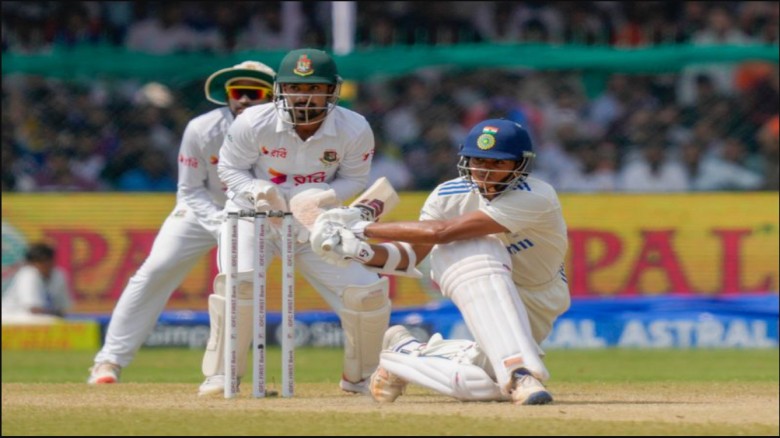
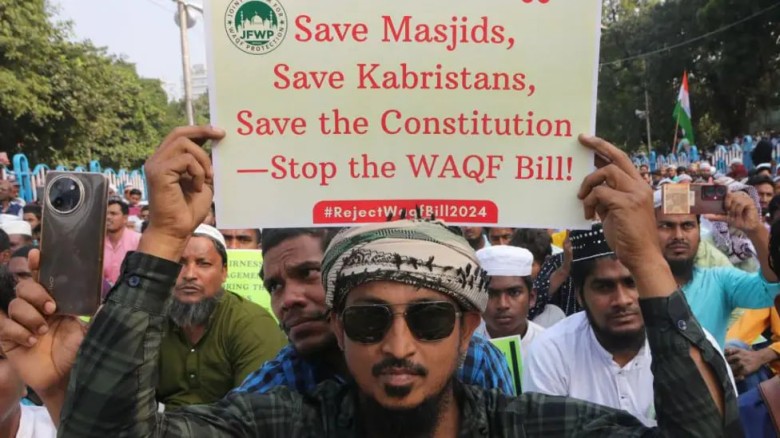


Leave A Comment